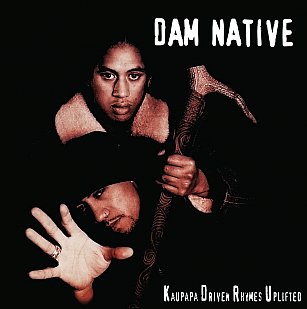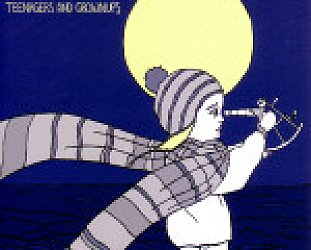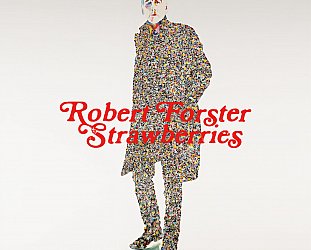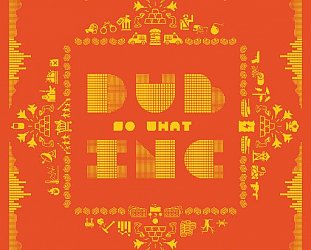Graham Reid | | 1 min read

It's interesting to look at how this classic New Zealand album fared on release in late 1997: it just scraped into the top 40 and only lasted four weeks on the charts.
That doesn't sound impressive at all until you consider that today we have a separate chart for local artists (actually a few) and so Dam Native was up against the best the world was throwing at us: Portishead, Bjork, the Verve, Jewel, Prodigy, Blur . . .
This vinyl edition topped the New Zealand music chart on release a week ago, and even made a quick appearance in the top five of the main chart.
Its time had come . . . again.
Over the decades this album has been championed by writers and critics like Grant Smithies and Nick Bollinger who took it beyond its home audience in the rap community. Those people got it immediately and the clips for The Horified One and Behold My Kool Style were given important airtime.
They impress even now, as students in my music lectures would attest.
Those who couldn't comprehend rap's rapid, universal rise needed only to understand the speak-sing idiom allowed the marginalised, disenfranchised, oppressed and angry the vehicle for saying so.
This country's first recorded rap, 1988's E Tū by Upper Hutt Posse, meant the Māori renaissance now came with a contemporary soundtrack.
Dam Native's 1997 Kaupapa Driven Rhymes Uplifted – given vinyl release for the first time – is a manifesto and statement of intent: words of affirmation and critical thinking elevated and arriving with desperate urgency. “A Māori attitude . . . practical, lyrical and original,” Dam Native's Danny Haimona says on Behold My Kool Style.
Extremities speaks of learning the language and what being Māori means (“Aotearoa represent . . . America doesn't give a damn about me”) and No Formal Training is a blistering critique of education as opposed to practical skills (among other things) with, “I shake hands, I know my place, know what I have to do”.
The exceptional Travelling has what sound like bells of doom underscoring the lyric of “this human-caused condition known as hell on earth”.
This is an album which aims wide.
Zane Lowe's production is masterful, Haimona's lyrics cleverly self-referential to give the album an internal and self-contained coherence, and Gil Scott Heron's The Revolution Will Not Be Televised was clearly in mind for Revolution which takes aim at – among other targets -- “suit-wearing Māori . . . in their comfort zone.”
Haimona has a lot in his sights.
The album reclaimed pejorative terms (“damn native”, “Hori”), delivered memorable songs (The Horified One with Teremoana Rapley, The Son with Che Fu) and by name-checking Papatūānuku, Māui, Jonah Lomu, golfer Michael Campbell, land claims and more it could only come from here.
No one would say Kaupapa Driven Rhymes Uplifted is easy, but few would deny its power and importance.
.
You can hear this album at Spotify here.
.





post a comment